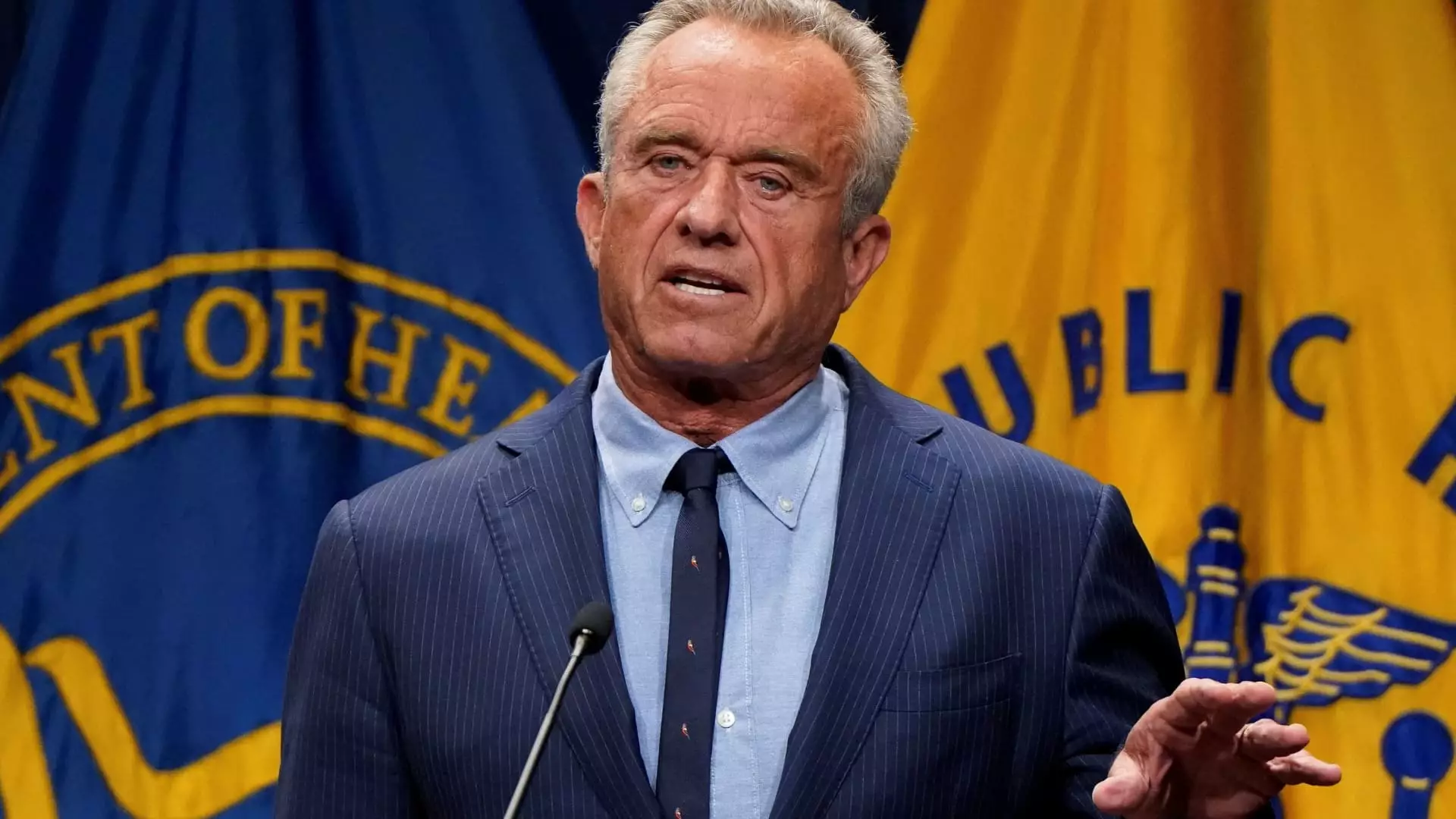The recent decision by Health and Human Services Secretary Robert F. Kennedy Jr. to appoint a new panel of vaccine advisors after controversially dismissing the existing members raises alarm bells for public health in America. This critical maneuver, which includes several prominent critics of vaccines, threatens to undermine the scientific rigor that has long been the hallmark of vaccine policy in the United States. With the advent of these new appointments to the Advisory Committee on Immunization Practices (ACIP), it seems the administration is leaning towards a dangerous narrative that can sway public opinion in favor of vaccine skepticism.
The core function of ACIP has always been to provide evidence-based recommendations regarding vaccines. However, with members that carry the baggage of anti-vaccine beliefs, the integrity of this panel is now in question. As public health experts have pointed out, appointing individuals with known skepticism toward immunization appears to be a calculated gamble that could endanger children’s health and safety on a large scale. Lawrence Gostin, a public health law professor at Georgetown University, aptly labeled this a “national tragedy,” echoing concerns about how this shift may erode the foundations of public trust in crucial health policies.
Red Flags in the New Appointments
Among the eight newly appointed members, Dr. Robert Malone stands out as a particularly controversial figure. Though Malone touts himself as a pioneer of mRNA vaccine technology, he has shifted his stance to embrace anti-vaccine rhetoric, which raises questions about his commitment to public health. His questionable claims regarding vaccine safety should be a red flag to any reasonable observer. For instance, Malone insinuated earlier this year that recent measles-related child fatalities could be attributed to medical errors rather than the infections themselves. This kind of unfounded thinking poses a significant risk not just to children but to the fabric of scientific competencies within health institutions.
Echoing this sentiment, Dr. Paul Offit, a pediatrician with a long-standing reputation in the field, has argued that the expertise of the previous members of ACIP far surpassed that of the current appointees. Offit expressed his concerns that the public would soon receive lower-quality advice from a panel filled with individuals who have questionable motivations and credentials. It’s hard not to see this as a prime example of how political maneuvering can inject bias into a domain that should be grounded in objective analysis and concrete data.
Public Trust at Stake
Public health operates under the assumption that the population will trust the recommendations put forth by health advisory panels. Yet with this radical overhaul of ACIP, that trust is in peril. When officials appoint members with demonstrable biases, they not only risk compromising public health but also send a message that scientific advisories may be swayed by personal belief systems rather than evidence-based practices.
Equally concerning is the reception of this news by mainstream and alternative media outlets. The conversation around vaccine safety has increasingly grown polarized, and the current administration seems willing to wade into deeper waters of controversy. The fact that Vicky Pebsworth, another new appointee, has ties to the National Vaccine Information Center—a group notorious for propagating misinformation—further complicates the narrative. Such connections make it apparent that the focus has shifted from health safety to political dissent against the foundational practices of immunization.
Potential Fallout on Vaccination Rates
As these new members convene for their first meeting, the implications of their guidance loom large over the future of vaccinations in America. Parents must remain vigilant in the face of an onslaught of contradictory opinions. Misguided skepticism about vaccines can easily lead to diminished vaccination rates, producing an array of public health issues we had all but relegated to the past. The shadow of infectious diseases could return to plague communities, especially among children whose safety ought to be the primary concern of any health advisory committee.
In a time when misinformation has proliferated through social media and fringe outlets, one cannot help but feel that the newly configured ACIP may contribute to further erosion of public trust in vaccines. The implications of this decision may reverberate for years, threatening not just our children’s health, but the very fabric of our community’s well-being. As individuals, we must critically engage with the ongoing developments in vaccine policy, ensuring that science rather than personal beliefs remains at the forefront of public health discourse.

